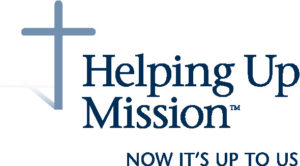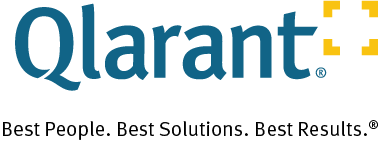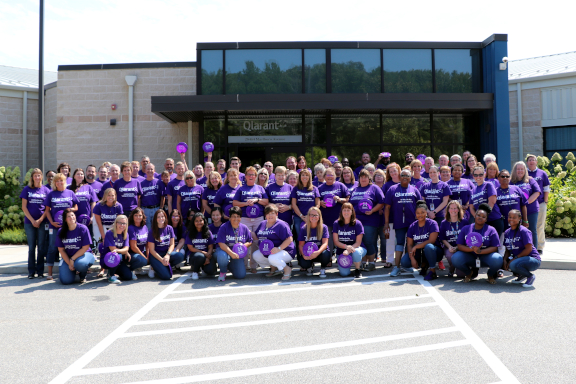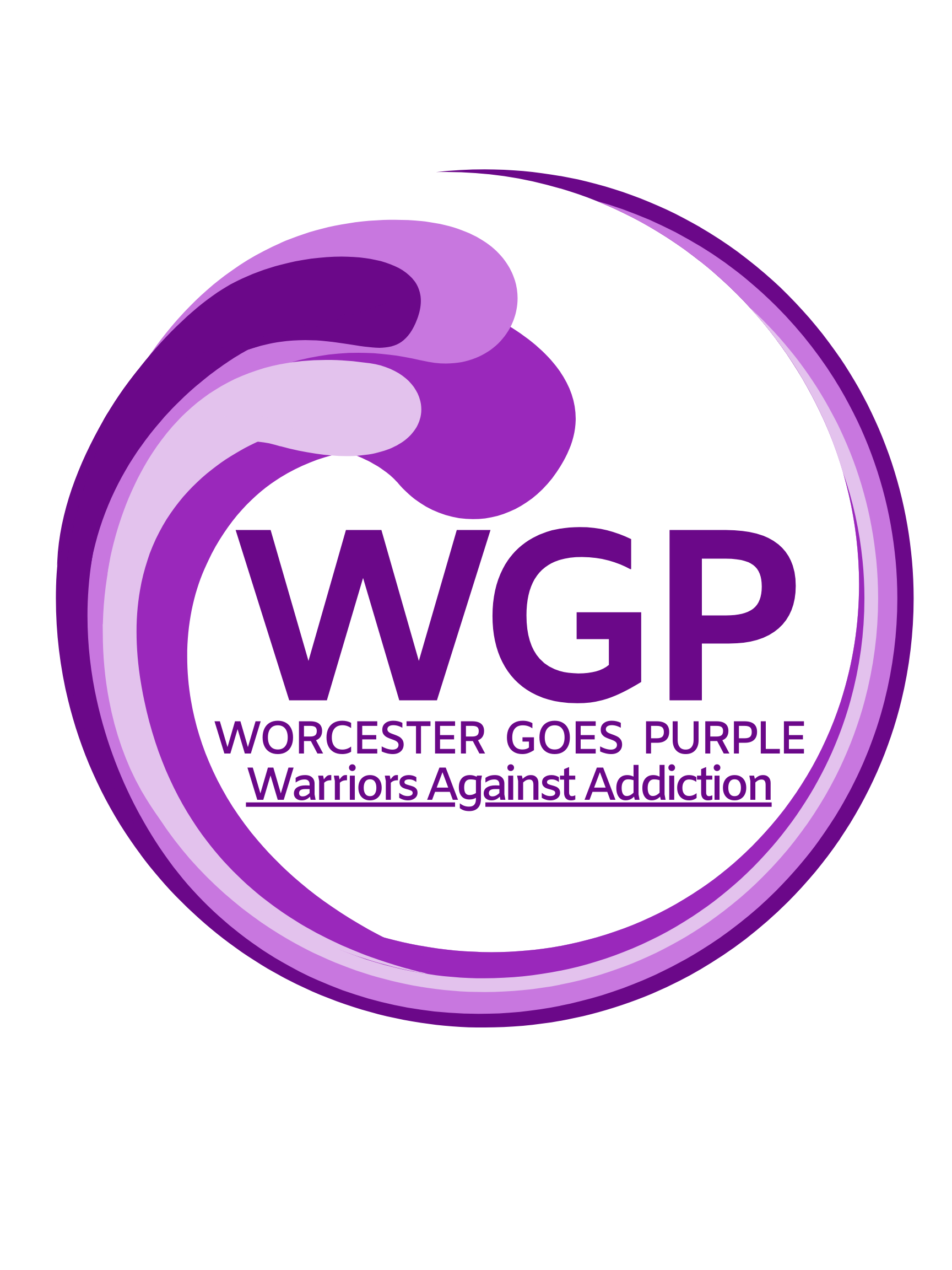Success Stories: Chapter 11 – Helping Up Mission

Founded in 1885, Helping Up Mission was established to help the men of Baltimore who were experiencing homelessness, poverty, or addiction. By meeting their physical, psychological, social, and spiritual needs the organization has grown to serve over 500 men each day.
The Spiritual Recovery Program is Helping Up Mission’s “flagship”, with the capacity to serve 300 men. This program integrates addiction treatment with spiritual development and life enrichment. For one full year, participants reside in a therapeutic community and participate in a vast array of comprehensive wrap-around services, including spiritual, clinical, medical, legal, educational, vocational, and recreational. Ultimately, the organization aims to transform lives and empower men to return to their families and communities as leaders and role models, while stripping away the stigma of addiction.
In the Overnight Guest Services Program, up to 50 men sleep in a dormitory-style bed and receive two hot nutritious meals, clothing, toiletries, a hot shower, and compassionate care. An additional 140 receive services in a variety of programs, including Intern Training, Graduate Transitional Housing, and the Graduate Spiritual Recovery Program. Helping Up Mission also provides residential services in partnership with Johns Hopkins Broadway Center for Addictions, the Department of Veterans Affairs, and the Next Steps program.
 In November 2016, the organization began to focus on the needs of women in the community as well by establishing an afternoon day shelter specifically for women experiencing homelessness. They also implemented a “Next Steps” program for up to 8 women who are being diverted from the Emergency Department at Johns Hopkins Bayview Medical Center for stabilization and referral to medical treatment.
In November 2016, the organization began to focus on the needs of women in the community as well by establishing an afternoon day shelter specifically for women experiencing homelessness. They also implemented a “Next Steps” program for up to 8 women who are being diverted from the Emergency Department at Johns Hopkins Bayview Medical Center for stabilization and referral to medical treatment.
In 2019, the Qlarant Foundation awarded $25,000 to Helping Up Mission for its Health Access for Substance Users Program. This program promotes access to health care, by securing health insurance and providing oral health care, to the men participating in long-term residential addiction recovery programs at Helping Up Mission. It also provides the opportunity for dental students to work with underserved populations. The Program has helped over 1,400 men experiencing homelessness receive dental treatment.
Dean’s Story is just one example of an individual in need whose life was changed as a result of this program.
Success Story #1
During Dean’s early days at Helping Up Mission, you might have heard his amazing voice in the program’s choir and band where he could hide his face in the group of 20-30 men – but you wouldn’t have seen him speak up close. When engaged one-on-one, Dean would cover his mouth with his hand and would not let you see his smile.
But then, through the Health Access for Substance Users Program, Dean’s life started to change. Dean would be able to have much needed dental work that would improve his health and confidence. When Dean knew that his new teeth were on their way, he would stand in front of the mirror and try to imagine what a new smile would look like. During the early stages, he told the dentist to “make [him] look pretty, with a smile!”
It took a full year, and a full set of dentures to restore Dean’s smile. Dean shares that, “Helping Up Mission has given me back what I had lost. It’s given me God back; it’s given myself back”. Dean now works at Kurunda in Glen Burnie, encouraging people with his great smile!
Rebuilding confidence and improving the health of clients is an important part of Helping Up Mission’s contributions to their community. In our next Success Story, Jeffrey was in need of every program and service that the organization could provide.
Success Story #2
Jeffrey’s drinking had spiraled out of control and the family started moving from place to place. Eventually they ended up in the basement of a church. His brother offered to take the kids and they agreed. He and his wife went different ways. It was then that Jeffrey realized that he had nothing left to lose and everything to gain by trying to change his behavior.
Jeffrey ended up at Johns Hopkins Bayview Medical Center. He tried to enter a few different programs, ultimately ending up at Helping Up Mission in Overnight Guest Services. He made himself a promise that he would not leave the same way he came in.
Living at Helping Up Mission was difficult at first, because Jeffrey did not like being separated from his family. He says that mental health counseling really helped him, particularly realizing that the time he was spending on himself and recovery was beneficial for his family in the long-term. Jeffrey shares that the most important aspect of the one-year Spiritual Recovery Program was being reconnected to God. He valued the spiritual recovery classes, mental health therapy, and his positive relationship with his Treatment Coordinator.
Jeffrey got a job in car sales. As it turned out, the company was very familiar with Helping Up Mission and supported him in his recovery! He feels like God put him in the “right place at the right time”.
For 135 years, Helping up Mission has developed deep roots among the inner city’s poor and homeless, helping countless individuals overcome poverty, homelessness, and addiction. “The difference that Helping Up Mission is making in the lives of so many men and women is amazing,” said Dr. Molly Burgoyne-Brian, Chair, Qlarant Foundation. “We are pleased to be a partner with Helping Up Mission in the life changing services that this organization provides!”







